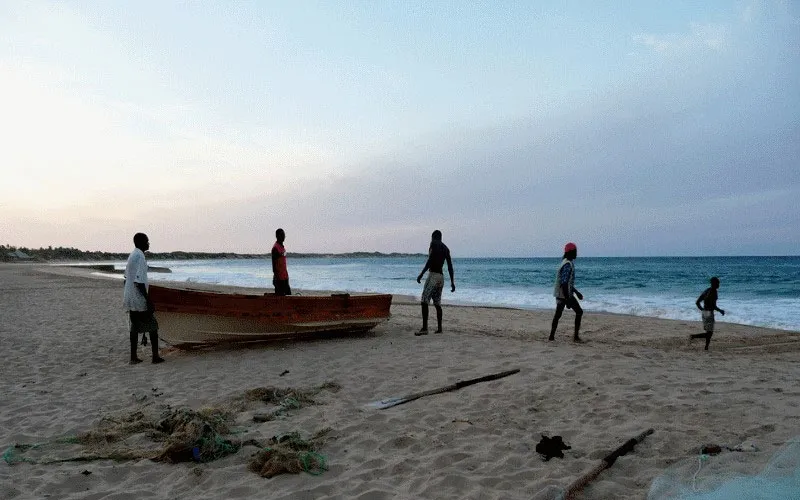Maputo, 06 August, 2022 / 7:00 pm (ACI Africa).
The leadership of the Dennis Hurley Peace Institute (DHPI) is calling on various stakeholders, including Catholics and members of the Laudato Si’ Movement to publicly express their opposition to the planned sand mining in the coastline of Mozambique.
Sand mining in Jangamo and Inharrime districts of Mozambique’s Inhambane Province is set to begin in December this year.
In a Wednesday, August 3 interview with ACI Africa, the Director of the peace entity of the Southern African Catholic Bishops’ Conference (SACBC) said the planned exploration will worsen the environmental situation of the country that is “most susceptible to climate change”.
“Catholics, the Laudato Si’ movement and environmental activists must take a stance against the destruction of the Mozambican coastline,” Johan Viljoen said, and added, “Just like environmental activists are worried about saving the amazon rainforest, we too should worry about saving the Mozambican coastline.”
Mr. Viljoen said that the sand dunes that have been identified for exploration help prevent floods in Inhambane Province.








